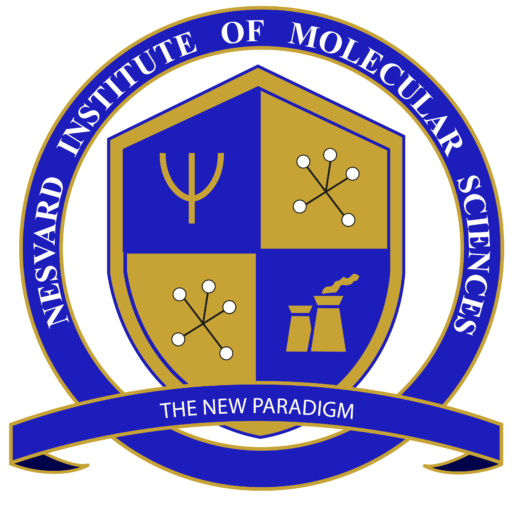
Research works at Nesvard Institute of Molecular Sciences focus on wide area of molecular sciences. We employ techniques of basic and advanced theoretical and computational chemistry and molecular modeling such as (but not limited to) elementary and advanced Hartree-Fock theory, electron correlation methods, density functional theory (DFT), models and concepts of chemistry, linear algebra, symmetry and group theory, classical and statistical theromdynamics to study molecular properties and associated features.
CURRENT RESEARCH TOPICS OF INTEREST
- Steroids Chemistry
- Reaction Mechanisms
- Transition Metal Catalysis
- Biochemical Inhibitors Design
- Cycloaddition Reactions: [4 + 2], [3 + 2], [2 + 2], [3 + 3], [4 + 3], [5 + 2], [7 + 2] etc.
- Organocatalysis & Bioorganic Reactions
- Tandem/Domino Reactions
- Boron Clusters
- Photochemistry and Excited States
- Organic Reactions
- Microsolvation
- Carbon Dioxide Utilization
- Sulphur Dioxide Sequestation
- NHC Catalysis
- Atmospheric Chemistry
- Enzyme catalyzed reactions
- Propagator Theory
- Sulfur Chemistry
- Molecular Design of Amino Acids
- Borane Chemistry
- Fullerene Reactions
- Molecular Simulation and Design of Sugars
- Flourine Chemistry
- Organometallic Reactions
- Metal Oxide Clusters
- Chalcone Reactions
- Diones Chemistry
- Water Oxidation Catalysis
- Molecualr Diversification of Unsaturated Molecules
- Molecular Modeling and Simulation
- Design of Novel Molecular Catalysis
- Homogeneous Reactions
- Biochemical processes
Useful websites that we visit often
- GAUSSIAN suite of programs
- DALTON electronic structure and molecular properties program
- Basis Set Exchange
- Fortran Documentation HQ
- Python Documentation HQ
- NIST atomic spectra database
- NIST molecular properties database
- NIST periodic table
- Point group character tables
- Computational chemistry jobs
- The OpenScience Project
